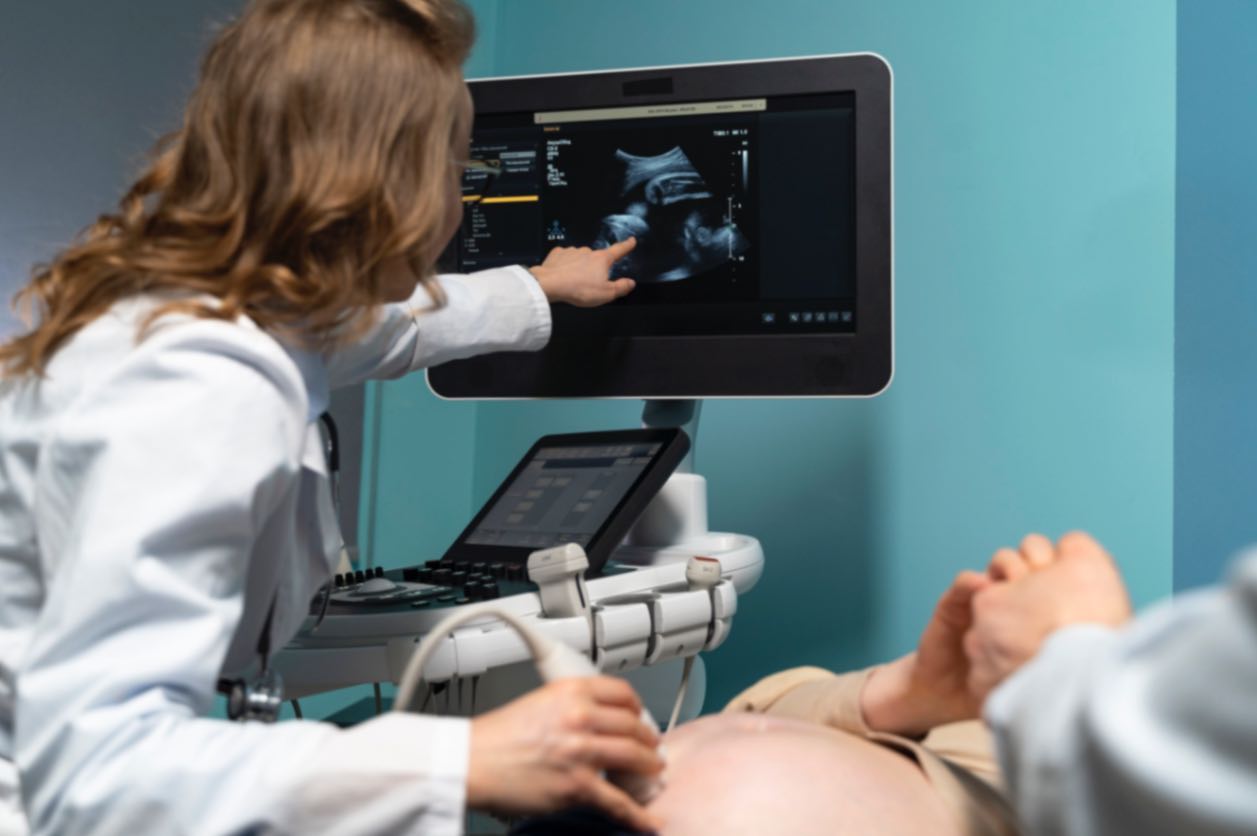Could a test designed to find abnormalities in a fetus also uncover hidden cancer in pregnant women? According to new research, the answer might be yes.
A recent study found that nearly half (48%) of expecting mothers with abnormal results from a prenatal cell-free DNA (cfDNA) test were later diagnosed with cancer. These included cancers of the colon, breast, lung, kidney, lymph nodes, bile duct, and pancreas, as reported in the New England Journal of Medicine on December 4, 2024.
Healthy-Looking Moms, Hidden Risks
“They looked like healthy, young women and they reported themselves as being healthy,” said Dr. Diana Bianchi, senior researcher and director of the National Institute of Child Health and Human Development, in an interview with the Associated Press.
Blood tests are routinely used during pregnancy to check for possible health problems with the fetus or the mom.
Prenatal cfDNA tests analyze tiny fragments of DNA in a pregnant woman’s blood. The DNA fragments come primarily from the placenta and can detect genetic conditions like Down syndrome or the baby’s sex.
However, researchers have found that these tests can also find abnormal DNA fragments that come from undetected cancers in the mother.
Study Findings
Researchers screened 107 pregnant women who had abnormal cfDNA test results using whole-body MRI scans and standard diagnostic tests. From that group, 52 were diagnosed with cancer. Lymphoma was the most common type, affecting 31 women.
Asymptomatic Cases: Over half (56%) of the women diagnosed with cancer reported no symptoms.
Misinterpreted Symptoms: For example, a symptom, such as stomach pain caused by pancreatic cancer, was initially mistaken for pregnancy-related issues like acid reflux.
Whole-body MRI scans were the most effective cancer detection method, followed by cfDNA testing. Standard diagnostic approaches like family history and physical exams were less reliable.
A Rare but Serious Concern
Millions of women have cell-free DNA tests each year. 1 in 10,000 will most likely get an abnormal result that doctors cannot interpret. Although the number is small, the risk is high.
Dr. Bianchi highlighted the importance of follow-up:
“Women with abnormal results should take them seriously and undergo further testing, as there’s a 48% risk of cancer in this group.”
What’s Next?
A whole-body scan is the best test to detect cancer. However, the scans are expensive and may not be covered by health insurance. Although cfDNA testing is dependable for detecting Down syndrome and two other disorders, many parents decide against having it done because these tests have also been blamed for too many false alarms.
As this research develops, it shines a light on the dual role of prenatal cfDNA tests: screening for fetal abnormalities and potentially detecting hidden maternal cancers.
For more information about prenatal testing, visit Nemours Children’s Health or consult your healthcare provider.
Image by Freepik

Thank you, You will be automatically subscribed to the our newsletter.